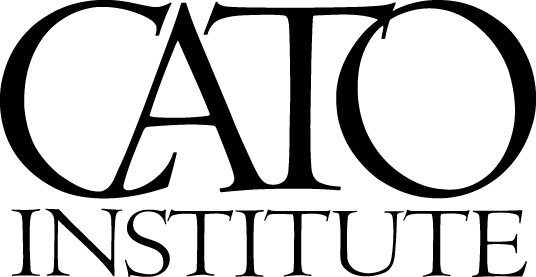Whether people in a society think that most others can be trusted seems to predict many positive social and economic outcomes. A common criticism of liberalized immigration is that the newcomers come from societies with low trust, so they might bring their low-trust attitudes with them, pass them on to their descendants, and leave our society with less trust, potentially reducing future economic growth.
Economist Bryan Caplan ran a recent exercise showing that immigrants and their descendants make substantial gains in trust, virtually assimilating by the second generation. In a similar vein, my research shows that trust levels among the second-generation are basically the same as Americans whose ancestors have been here for at least four generations according to survey responses on three related questions.
Caplan’s post provides a possible answer to the oddest question raised in my post: Why do third-generation Americans have the highest trust scores? Based on cliometric research, Caplan argues that the descendants of slaves in the United States have far lower levels of trust, similar to how African societies that were most afflicted by the slave trade have enduringly low trust rates today. All of the descendants of slaves in the United States have ancestors who arrived on our shores more that four generations ago, as legal slave importation ended in 1808.



